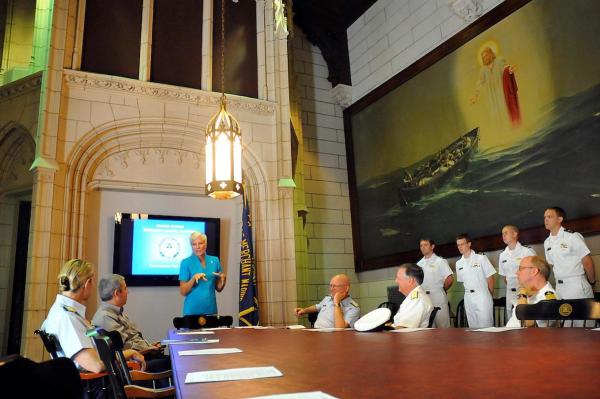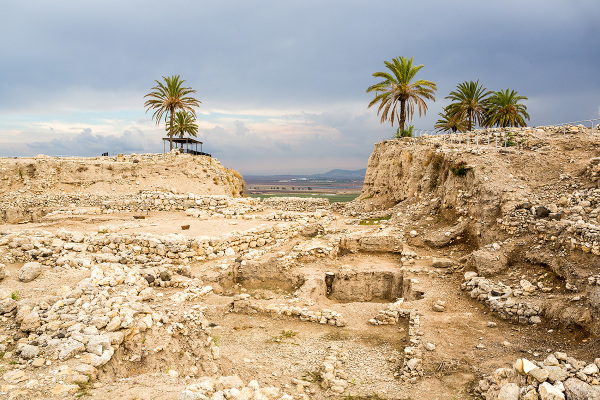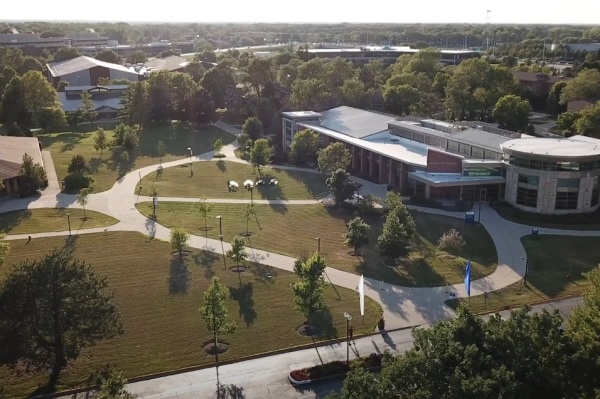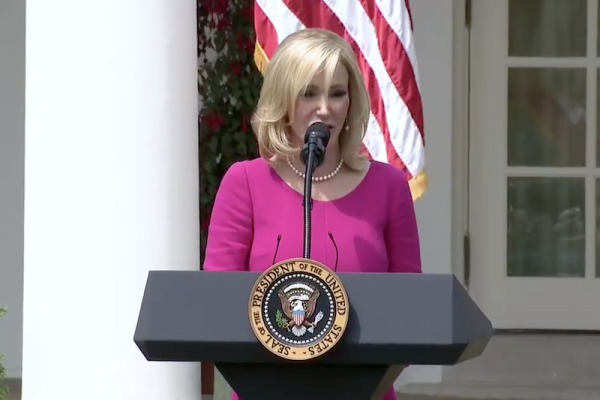Religious Freedom Under Threat in the US and Abroad, Says Q Conference Speaker
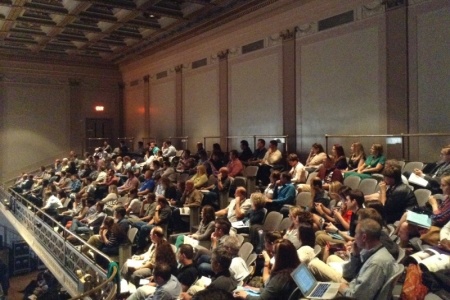
NASHVILLE—Religious freedom and the common good was among the topics discussed Wednesday during the annual three-day Q Conference which is built around the belief that "Christians are called to redeem entire cultures, not just individuals."
During a session about religious freedom and persecution throughout the world, speaker Andy Crouch, executive editor of Christianity Today, suggested that religious freedom should be measured by the degree to which a society extends it to its most vulnerable and marginalized. He also commented that its value, globally, is at risk in a greater way than ever before "in any of our lifetimes."
"There are all kinds of [situations] in which a privileged, powerful majority can flourish," Crouch said. "But the far more demanding test of any society is [how it treats its] most vulnerable, youngest, oldest, the most frail, the most marginalized."
Because every single human being experiences this fragility, Crouch explained, it is in those moments — either when we are very young, old or sick — that "we will desperately hope we live in a society that is characterized by the pursuit of the common good."
Religion, Crouch continued, is not limited to "beliefs or worship," but rather about "committed action based on what you believe and what or who you worship." Citing James 1:27, he said, "Religion that is pure and undefiled before God, the Father, is this: to visit orphans and widows in their affliction, and to keep oneself unstained from the world (ESV)."
That the passage calls for the caring of orphans and widows suggests that religion should be seen as "public action on behalf of the most vulnerable." That it calls for "keeping oneself unstained by the world," following a religion means adherents should keep themselves "distinctly different from the society around us."
"Religious freedom needs to make room not just for private beliefs, or perhaps for secluded worship behind closed doors, … but for distinctive, public action based on countercultural limits," said Crouch, arguing that to test the strengths of religious freedom, one should examine how well it protects minority religious communities.
"Religious freedom should protect you if you're a Jew in Saudi Arabia, if you're a Palestinian in Israel, if you're a Christian in Malaysia or if you're a Muslim in Nashville. … Being denied from acting out your faith commitments in public is one of the deepest denials of human flourishing," added Crouch.
Yet, Crouch suggested, religious freedom has been deeply threatened both in the United States and abroad, not only at a legal and governance level, but also societal hostility, pointing to an Islamic Center in nearby Murfreesboro that had legally been approved, but nevertheless subject to vandalism and threats of violence.
"Social hostility is every bit as effective as legal restrictions in preventing people from living out their faith in public," he said.
Crouch also cited a 2012 Pew Research study on religious hostility which showed that the U.S., over the last five years, was no longer one of the world's leaders in this area, leading him to ask, 'Why was a commitment to religious freedom so hard to live out?'
Growing religious pluralism and the difficulty it took for individuals to practice religious freedom made it increasingly difficult for societies to want to protect it, maintained Crouch.
"No matter what you are for, there is something that you are against that you are going to have to tolerate if you want religious freedom," he said. "…. No matter how conservative or progressive your views, some exercise of religious freedom is going to be troubling to you — and that is the point of religious freedom. If prevailing cultural commitments can trump binding religious commitments, you don't have religious freedom. ... It is not easy, it is not natural for human societies, and that is why it never flourishes unless it is actively protected."
Recognizing that some might cringe at the term "accommodation," Crouch contended that it was nevertheless necessary that this value be practiced if one wants to live in a society where religious freedom is protected.
"The boundaries of accommodating did not trump the protection of the weak and vulnerable," Crouch said, citing that Jehovah's Witnesses have the legal ability to deny blood transfusions for adults, but the exemption is not made for children. "Neither did this value allow anyone to use religion for false pretenses."
"If we don't learn to [accommodate one another at the local level], I think we will end up with a false pluralism that loudly trumpets its commitment to diversity, but actually marginalizes and minimizes the communities that add diversity in our society.











